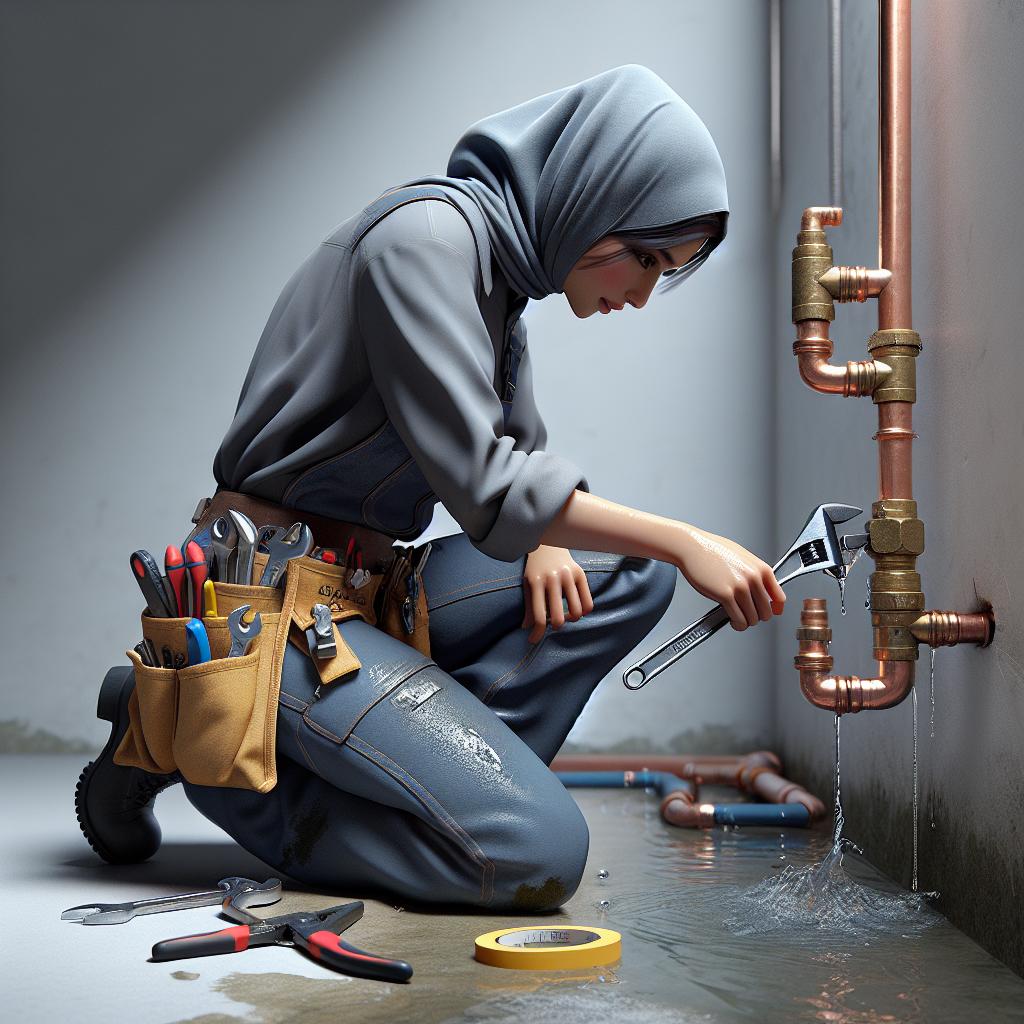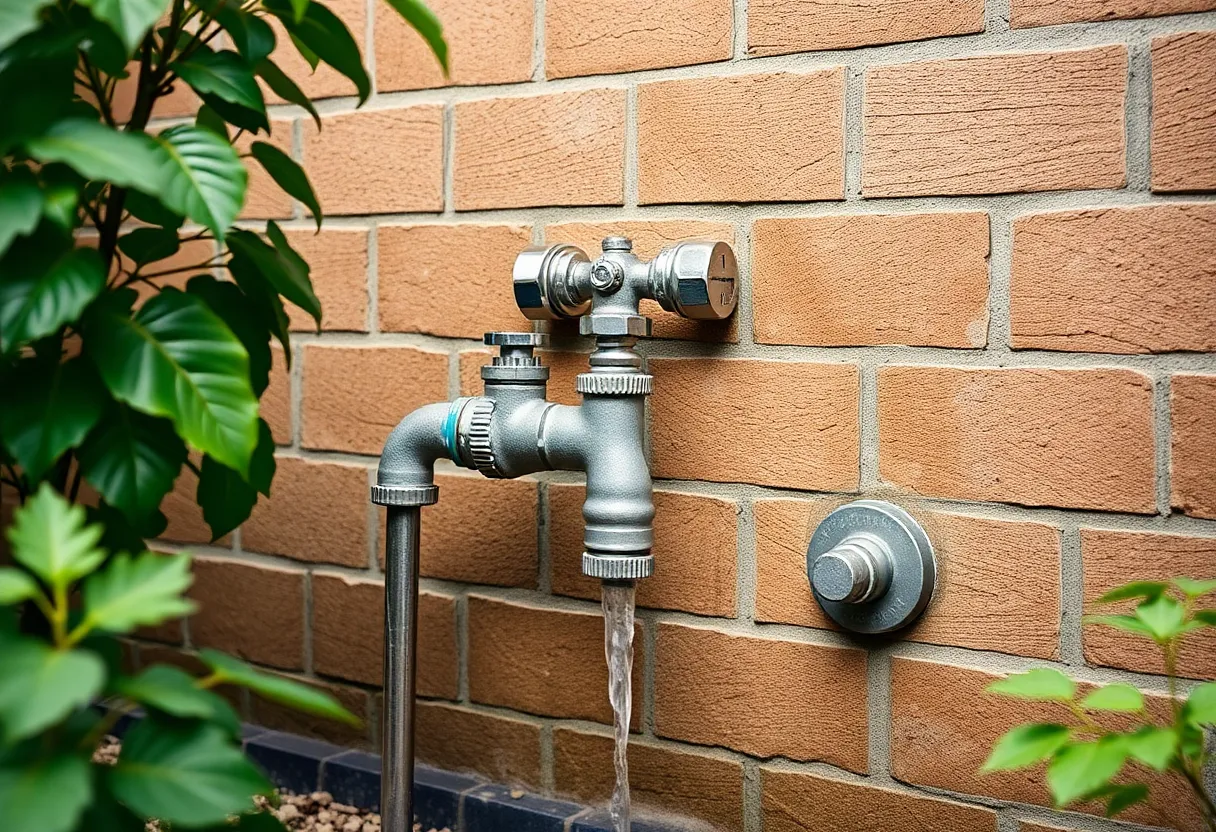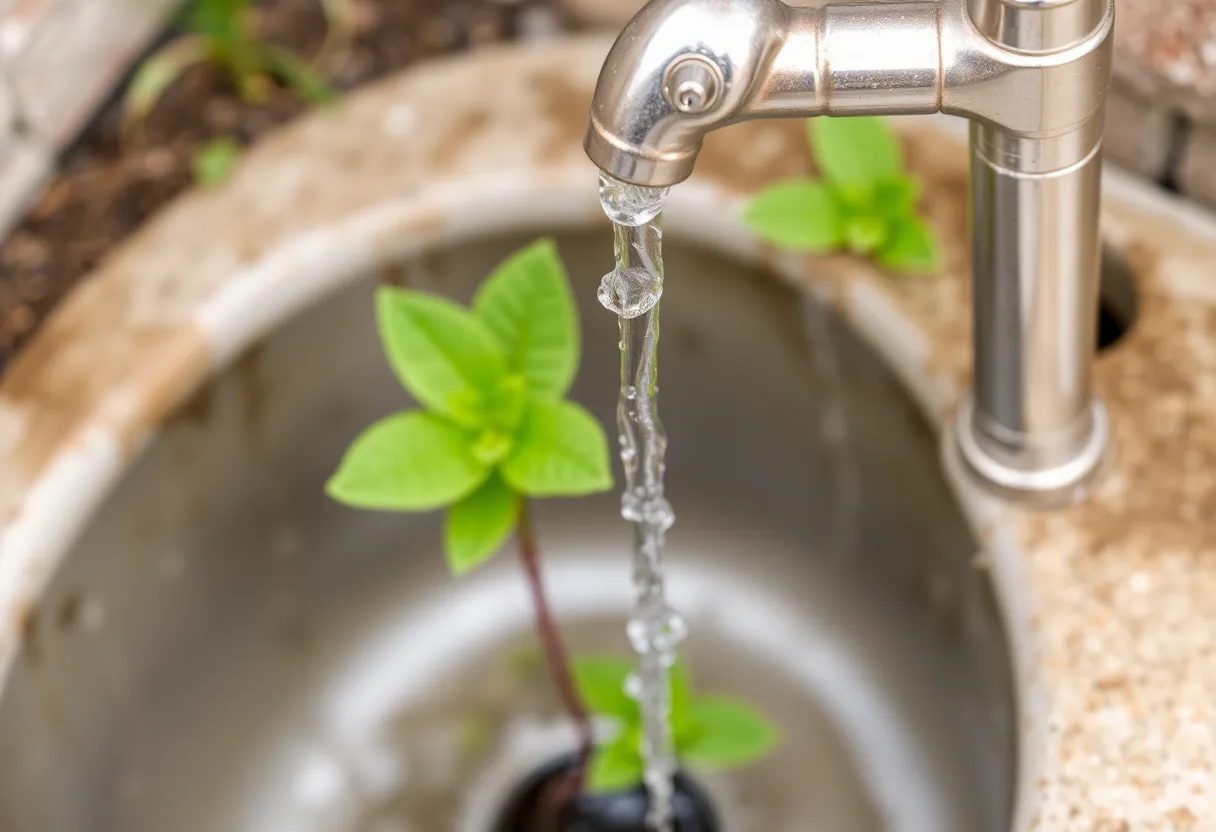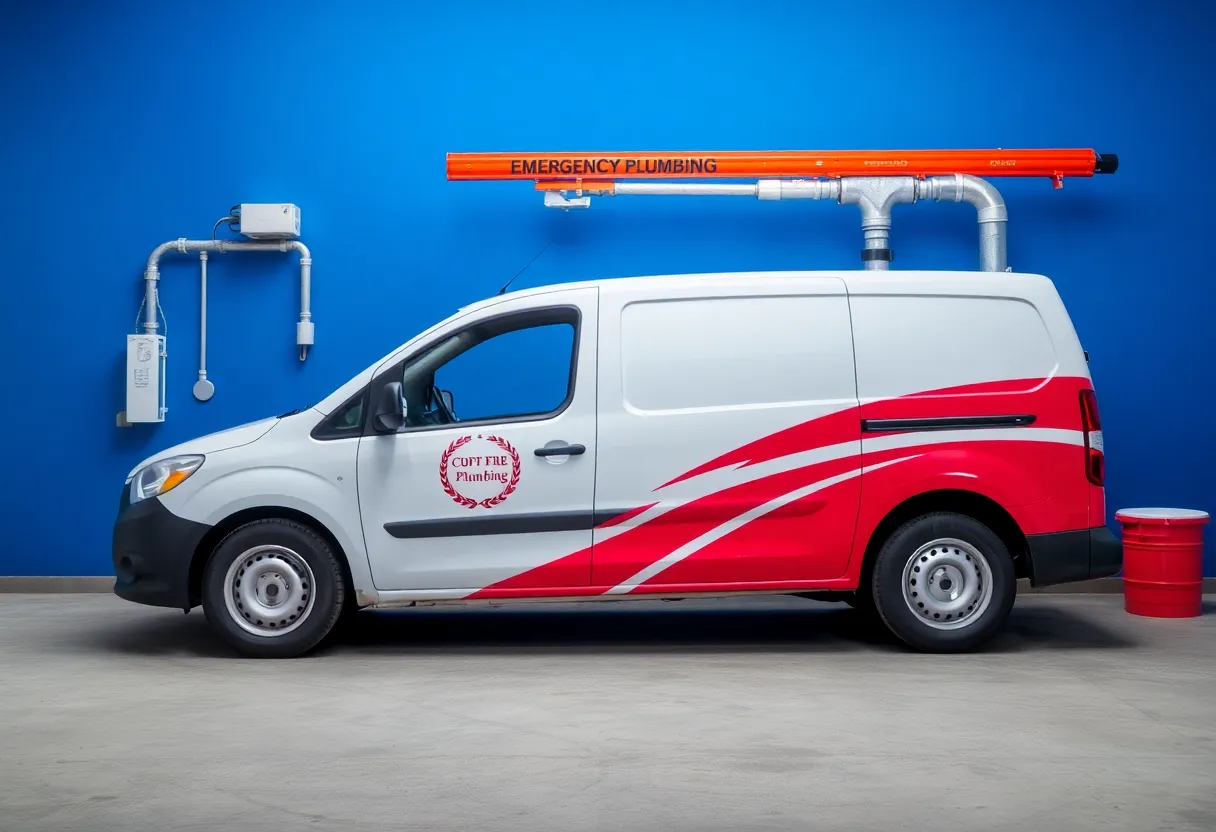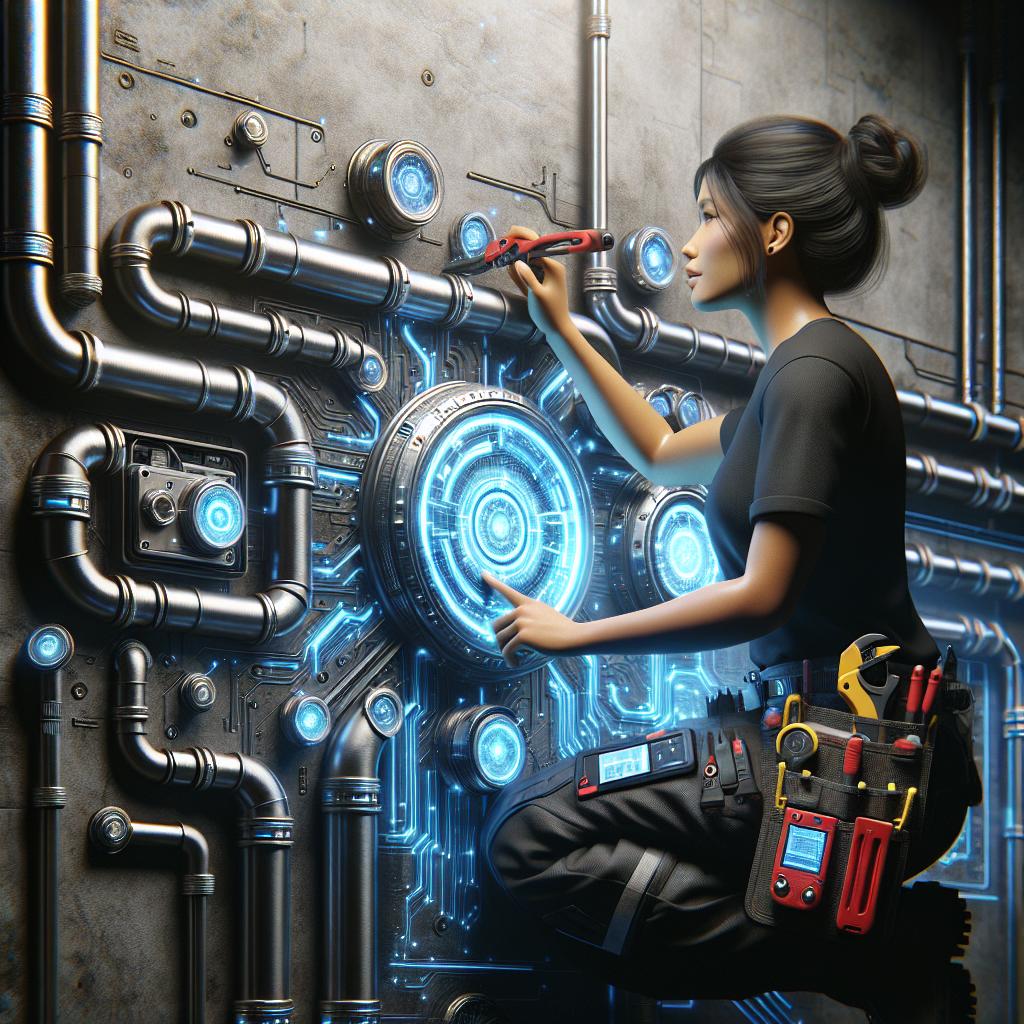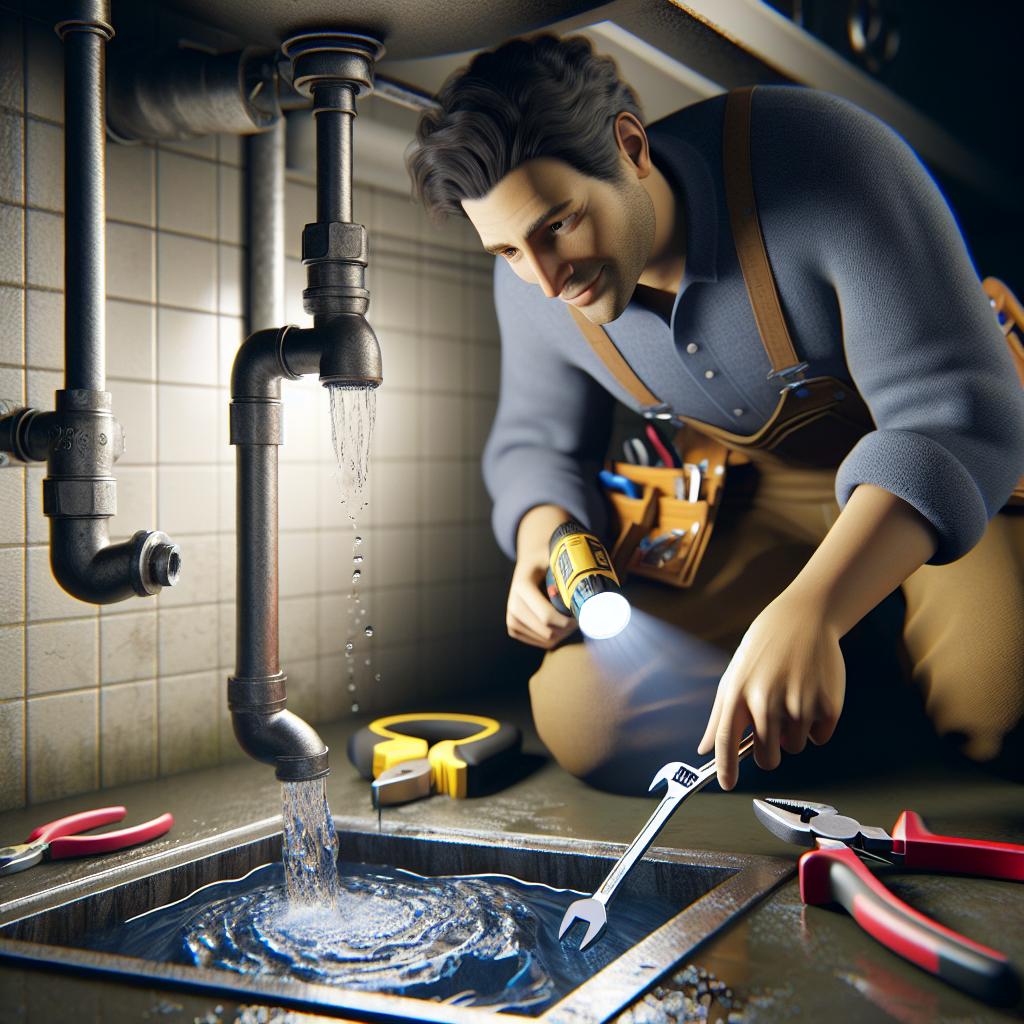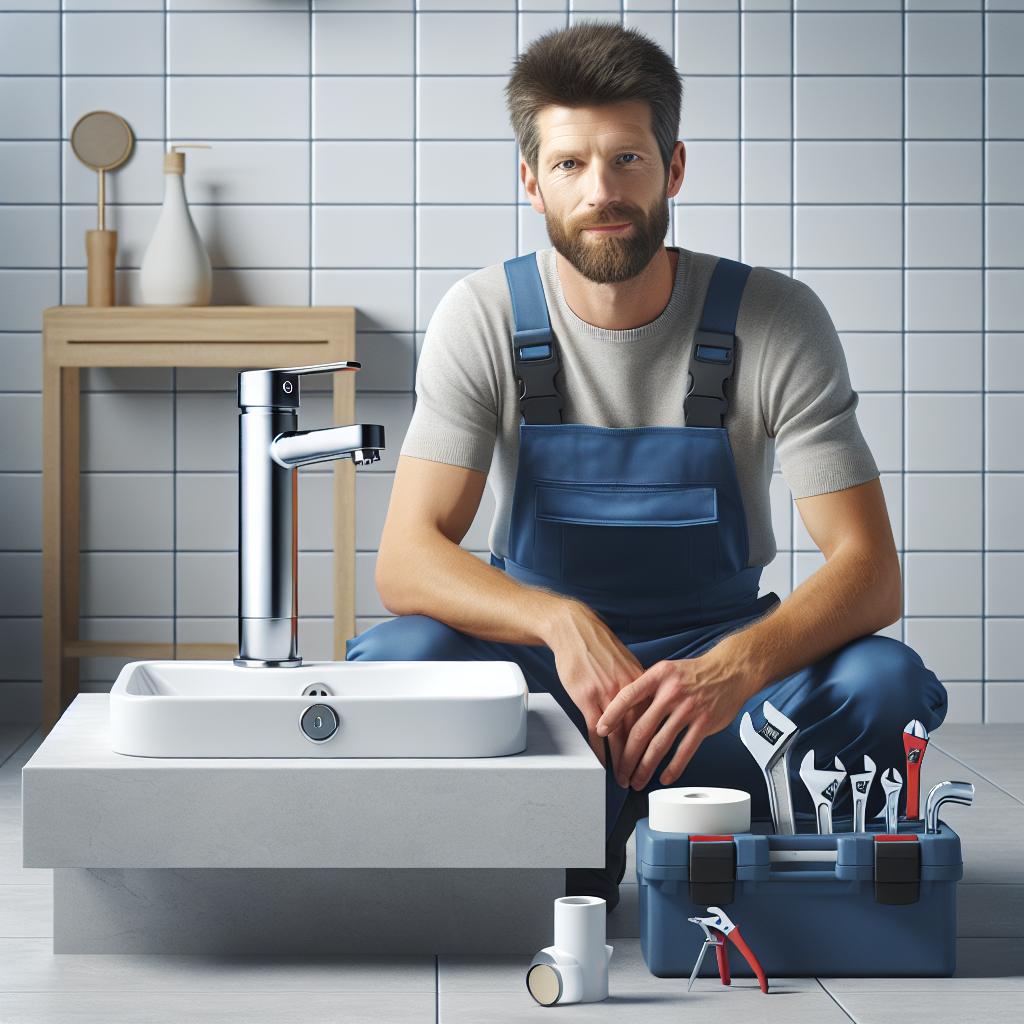From Clogs to Leaks: 7 Plumbing Nightmares and How to Prevent Them
If you’re a homeowner or even a tenant, you probably know that plumbing problems can be a real nightmare. From persistent leaks to clogs that refuse to let up, the issues usually require immediate attention. In this article, we’ll highlight seven common plumbing nightmares and provide you with practical advice on how to prevent them from happening.
1. Clogged Drains
Clogged drains are probably one of the most common plumbing problems that people face. Whether it’s in the kitchen, bathroom, or the basement, a drained clog can lead to serious problems if not addressed promptly.
The causes of drain clogs vary, but the most common culprit is the accumulation of materials which usually include:
- Hair
- Soap scum
- Grease and food particles
- Various foreign objects
To prevent clogged drains, be mindful of what goes down your pipes. Install drain traps to catch hair, avoid pouring grease and oil down your sink, and regularly clean your drains with natural drain cleaning solutions such as vinegar and baking soda.
2. Leaky Pipes
Leaky pipes can sneak up on you. The leak may not be visible until you notice a rise in your water bill, a damp spot on your wall, or if you hear a constant dripping sound.
Corrosion, physical damage, and bad pipe connections are often responsible for pipe leaks. Avoid using harsh chemical cleaners that can damage your pipes and accelerate corrosion. Instead, schedule regular pipe maintenance and inspections with a licensed plumber.
3. Running Toilet
Does your toilet seem to have a mind of its own? Running toilets can waste up to 200 gallons of water per day!
Worn out, imbalanced, or improperly installed toilet components usually result in a running toilet. Preventing a running toilet is as simple as regularly replacing the flapper, fill tube, and making sure the float is properly balanced.
4. Low Water Pressure
Low water pressure can be extremely frustrating, especially when you’re trying to shower or wash your dishes. This issue is often due to debris build-up in your water lines, or it can result from a leak somewhere in your plumbing system.
In order to avoid low water pressure, regular cleaning of shower heads and faucets is recommended. Also, regular professional check-ups of your water lines can help detect leaks or debris build-up early on.
5. Water Heater Problems
Your water heater has an important job to do. If it malfunctions, it could cause a lack of hot water, strange noises, or discolored water.
Water heater issues are often due to sediment build-up, improper temperature settings, or issues with the heating element. Regular flushing of your water heater, adjusting the temperature, and checking the heating elements can prevent these problems from occurring.
6. Sump Pump Failure
Your sump pump is your first line of defense against basement floods. Heavy rain, power failures, or problems with the unit can lead to sump pump failure and a scary amount of standing water in your home.
Regularity checking your sump pump for debris and conducting routine maintenance, as well as having a backup power source, can help prevent sump pump failure.
7. Sewer System Backup
Having a sewer system backup is arguably one of the most unpleasant plumbing nightmares. Signs of this problem include multiple drain clogs, bad smell around your property, or pooling water around the sewer line.
Tree root invasions, flushable wipes, and grease build-up can all lead to a sewer system backup. Regular professional sewer line inspections and being careful about what you flush can help prevent this issue.
Conclusion
Now that you’re armed with the knowledge of these common plumbing nightmares and the practical tips to prevent them, you’re much better equipped to maintain your home’s plumbing system. Regular maintenance and professional inspections are key to keeping your plumbing in tip-top condition and avoiding costly damages.




